Are Money Plants Toxic To Cats? The Truth About Houseplants and Cats

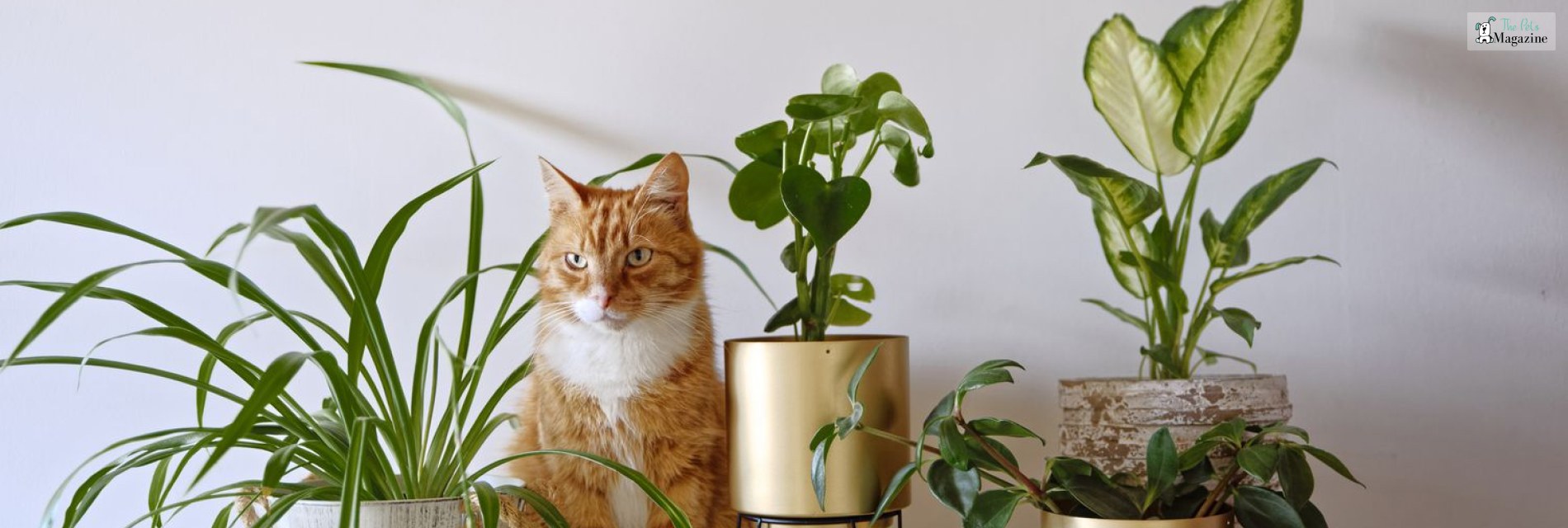
If you’re a cat lover and a plant enthusiast, chances are you’ve wondered whether your beloved feline friends and your beautiful houseplants can coexist peacefully. While houseplants can add beauty and freshness to your home, it is essential to understand that not all plants are safe for cats.
Some plants can be toxic and pose a threat to your furry companions. In this article, we will delve into the fascinating world of houseplants and cats, exploring the safety of money trees and providing valuable insights on how to create a cat-friendly environment without compromising on your love for greenery.
Common Houseplants that are Toxic to Cats
Before we dive into the specifics of money trees and their impact on cats, it’s crucial to be aware of other common houseplants that can be toxic to our feline friends. Some well-known examples include lilies, azaleas, pothos, and ivy. These plants contain substances that can cause a range of symptoms in cats, from mild gastrointestinal upset to more severe complications, such as kidney failure.
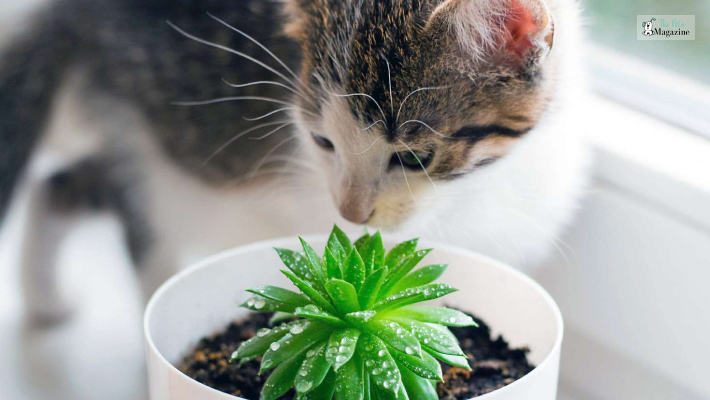
As responsible pet owners, it’s vital to educate ourselves about the potential dangers lurking in our homes to keep our cats safe and healthy.
Are Money Trees Toxic to Cats?
Now that we have a general understanding of the risks associated with certain houseplants let’s address the burning question: Are money trees toxic to cats? The good news is that money trees, scientifically known as Pachira aquatica, are generally considered non-toxic to cats.
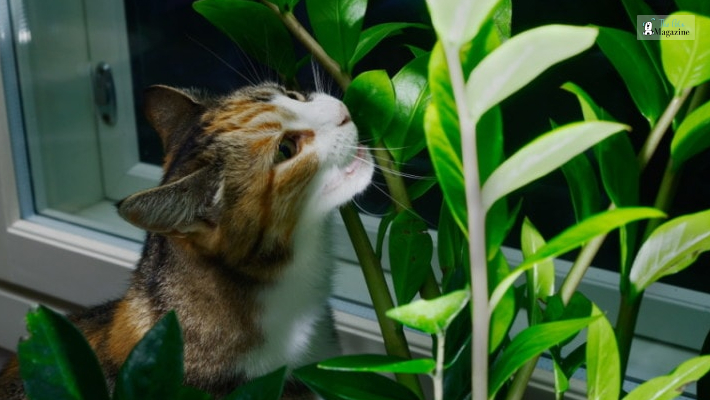
This tropical plant, native to Central and South America, has become a popular choice for indoor gardening due to its attractive braided trunk and shiny green leaves. While money trees are generally safe, it’s important to note that individual cats may have different reactions to certain plants. It’s always best to observe your cat’s behavior and consult with a veterinarian if you notice any unusual symptoms after introducing a new plant into your home.
Symptoms of Plant Toxicity in Cats
As responsible pet owners, it’s crucial to be aware of the signs and symptoms of plant toxicity in cats. Common symptoms may include vomiting, drooling, lethargy, difficulty breathing, diarrhea, and even seizures. If you suspect that your cat has ingested a toxic plant, it’s important to seek veterinary care immediately. Remember, early intervention can make a significant difference in your cat’s well-being.
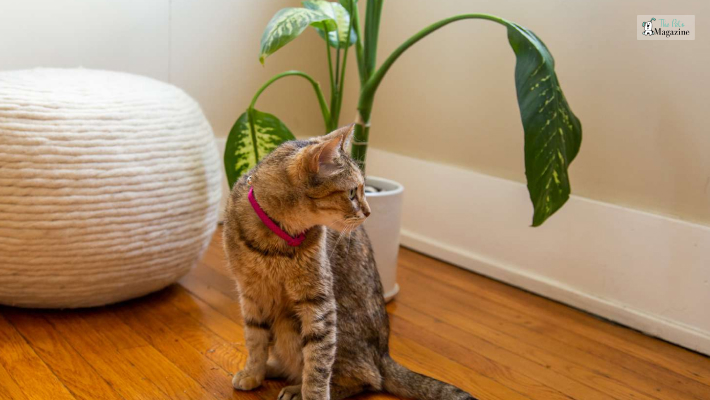
How to Prevent Plant-related Accidents with Cats
Prevention is key when it comes to keeping your cats safe from plant-related accidents. Here are some practical tips to create a cat-friendly environment without compromising on your love for houseplants:
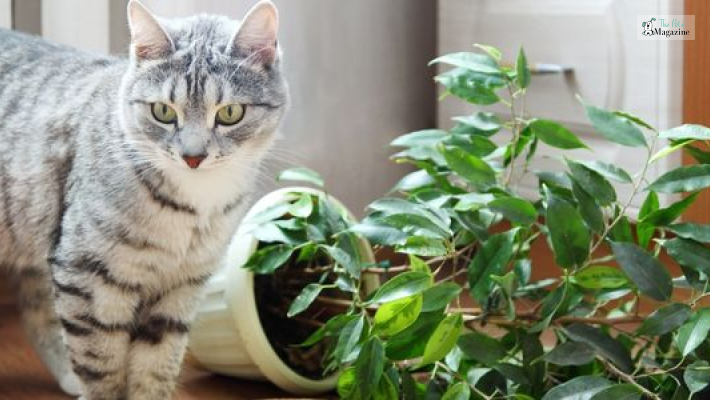
- Research before you buy: Before bringing a new plant into your home, do your research to ensure it is safe for cats. There are numerous resources available online that provide comprehensive lists of toxic and non-toxic plants for cats.
- Opt for hanging or wall-mounted plants: Cats love to explore and climb, so keeping your plants out of their reach can be a smart solution. Consider hanging your plants from the ceiling or placing them on high shelves.
- Use deterrents: Cats are naturally curious creatures, but there are ways to deter them from nibbling on your plants. Spraying plants with a cat-safe deterrent or using motion-activated devices can help keep your feline friends at bay.
Cat-friendly Alternatives to Money Trees
If you’re concerned about the potential risks of having a money tree in your home, there are plenty of cat-friendly alternatives that can satisfy your green thumb.
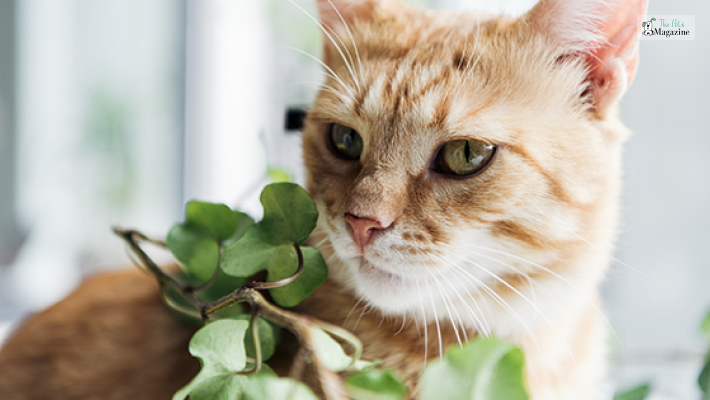
Here are a few options:
Spider plant (Chlorophytum comosum): This plant is not only safe for cats but also acts as a natural air purifier, making it an excellent choice for your home.
Boston Fern (Nephrolepis exaltata): Known for its lush foliage, the Boston fern is a cat-friendly option that can add a touch of elegance to your space.
Areca palm (Dypsis lutescens): If you’re looking for a larger plant to make a statement, the areca palm is a safe and visually appealing choice.
Safe Houseplants for Homes with Cats
If you’re determined to have a money tree in your home but still want to prioritize your feline friend’s safety, rest assured that there are other safe houseplants to consider. Here are a few examples:
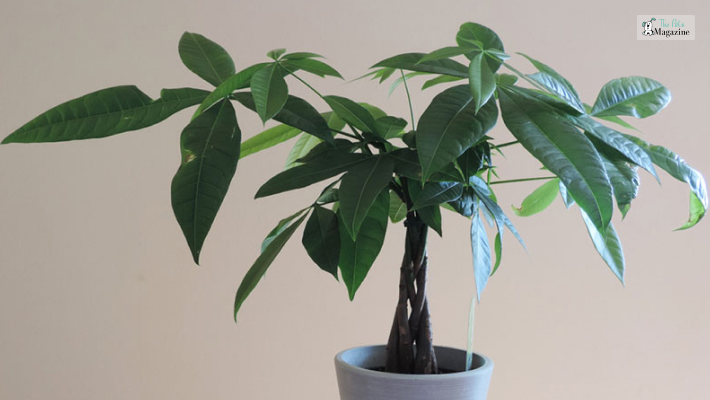
Calathea (Calathea spp): These plants are known for their vibrant foliage and are safe for cats.
Friendship plant (Pilea involucrata): With its unique textured leaves, the friendship plant is an eye-catching option that won’t harm your cat.
Parlor palm (Chamaedorea elegans): This compact palm is not only safe for cats but also easy to care for, making it an excellent choice for beginners.
Tips for Keeping Cats Away from Houseplants
While there are many safe houseplants to choose from, it’s important to remember that cats are curious creatures and may still be tempted to explore your greenery.
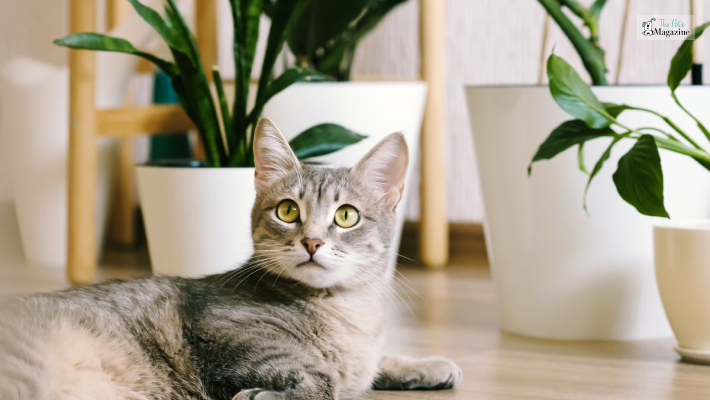
Here are a few tips to keep your cats away from your houseplants:
Create a distraction: Provide your cat with alternative sources of entertainment, such as interactive toys or scratching posts, to divert their attention from your plants.
Use physical barriers: Place decorative rocks or pinecones around your plants to create a barrier that discourages your cat from getting too close.
Provide vertical spaces: Cats love to climb, so consider providing vertical spaces, such as cat trees or shelves, where your furry friend can perch and observe without disturbing your plants.
What to Do if Your Cat Ingests a Toxic Plant
Despite our best efforts, accidents can still happen. If you suspect that your cat has ingested a toxic plant, it’s important to act quickly.
Here are the steps you should take:
Remove your cat from the plant: Safely remove your cat from the area and place them in a separate room while you assess the situation.
Identify the plant: If possible, try to identify the plant your cat has ingested. This information will be valuable when consulting with a veterinarian.
Contact your veterinarian: Call your veterinarian immediately and follow their instructions. They may recommend inducing vomiting or bringing your cat in for an examination.
Conclusion
In conclusion, while money trees are generally considered safe for cats, it’s crucial to be aware of the potential risks associated with certain houseplants. By educating ourselves about toxic plants, implementing preventative measures, and providing cat-friendly alternatives, we can create a harmonious environment where both plants and cats can thrive.
Remember, the well-being of our furry friends should always be a top priority. So go ahead, and indulge in your love for houseplants, but do so with caution and consideration for your feline companions.
Have you read these?






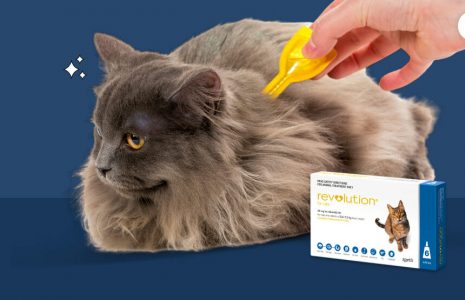
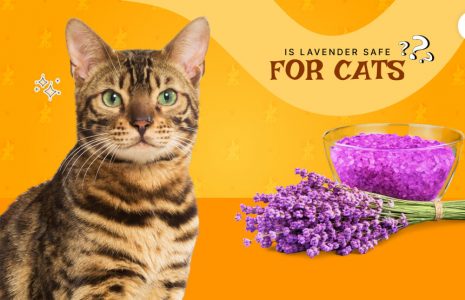

Leave A Comment